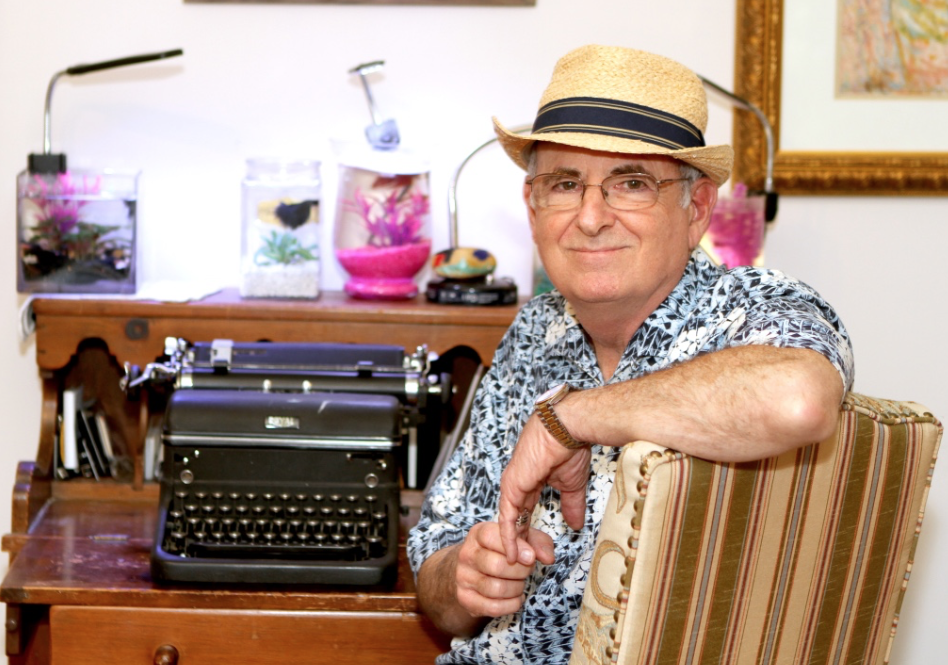Someone you should know, but probably don’t

Jacklyn Woodson could be today’s headlines. She is proud to be Black, proud to be a woman, proud to be gay, and proud to be a writer — a writer raised in Brooklyn. “Diversity is about all of us, how we’re going to walk through the world together.” She said of South Carolina where she was born, “Even after Jim Crow was supposed to not be a part of the South anymore, there were still ways in which you couldn’t get away from it. And I think once I got to Brooklyn, there was this freedom we had. “Speaking to Terry Gross, WLRN radio host, Woodson said, “Aside from the fact that I’m so fiercely attached to New York and my life here, I think given the fact that I have a partner and we have a multiracial family, I think it (the South) wouldn’t be a safe place for my kids. I don’t want my kids to have to walk through a world where they have to constantly explain who they are and who their family is.”
Ms. Woodson “spoke to me” as a columnist’s subject because we have something in common. We love writing. In her biography, she puts it far better than I could. “I loved and still love watching words flower into sentences and sentences blossom into stories.”
What we write about differs. She discovered that telling stories (read lies) on paper was different than just telling lies. It could get you praise and even awards. I, however, write from the first person, believing my truths have been stranger than fiction and that sometimes you can’t let facts get in the way of a good story. For Woodson, it’s cadence. She said she likes to feel the musicality in what she writes.

Brooklyn Boro
View MoreNew York City’s most populous borough, Brooklyn, is home to nearly 2.6 million residents. If Brooklyn were an independent city it would be the fourth largest city in the United States. While Brooklyn has become the epitome of ‘cool and hip’ in recent years, for those that were born here, raised families here and improved communities over the years, Brooklyn has never been ‘uncool’.